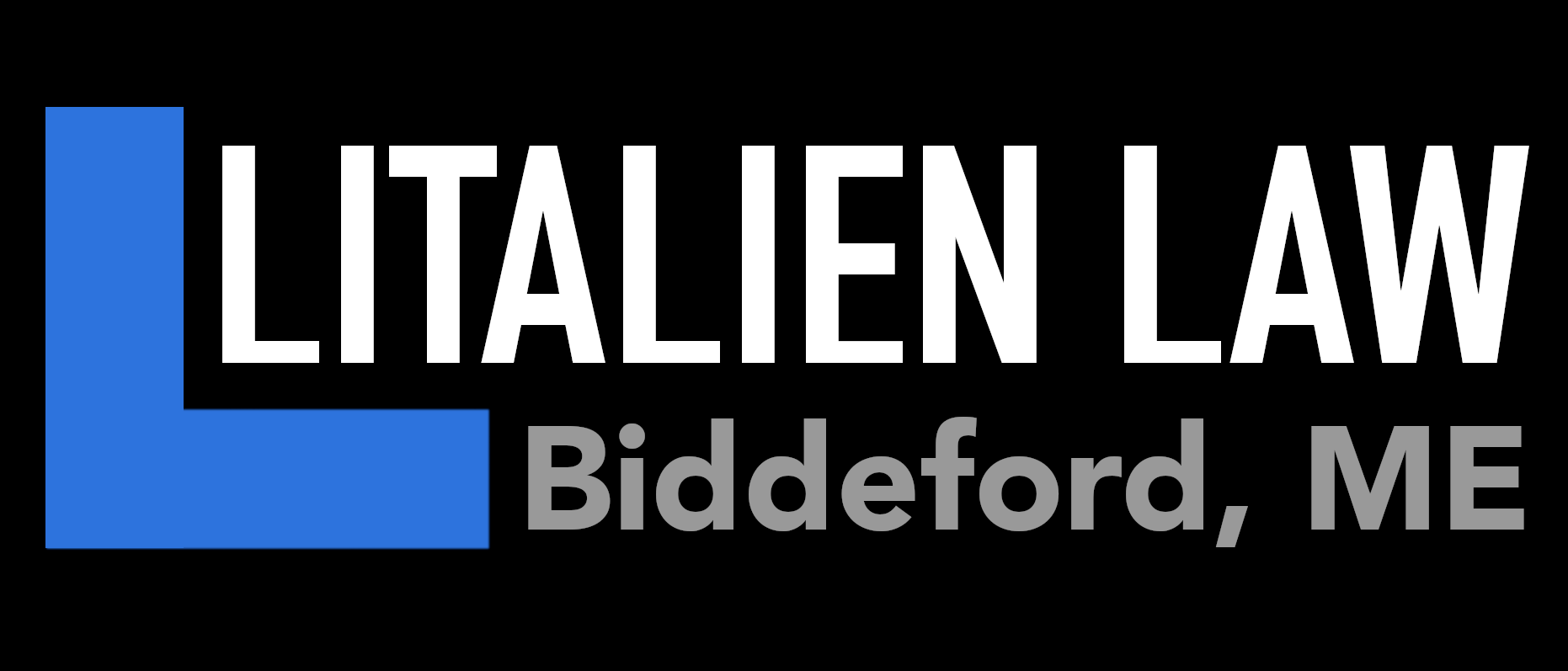Losing a loved one is an incredibly difficult experience, and navigating the question of debt after death adds another layer of complexity. Understanding how different types of debts are handled can help ease the financial burden on family members and ensure a smoother estate planning process.
Secured vs. Unsecured Debt
There are two main types of debts: secured and unsecured. Secured debts are tied to an asset, like a mortgage on a house. If there is an outstanding mortgage when someone dies, the house may be sold to settle the debt. On the other hand, unsecured debts, such as credit card debt, do not have assets backing them. These debts rely on the estate's assets to be paid off, if available.
Cosigners and Joint Account Holders
If someone cosigned on a loan or credit account, they generally remain liable for the debt after the primary account holder's death. Similarly, for joint account holders, creditors may approach the surviving account holders to satisfy any outstanding balances. It’s essential to review any joint accounts or cosigned loans to understand your potential responsibilities.
Community Property States
In community property states, spouses may be liable for each other’s debts, even if only one signed for the debt. Community property laws mean that debt obligations are shared, which can affect how debt is settled when one spouse dies. Understanding these laws is crucial for married couples living in these states.
Debt in Probate
The probate process is essential for settling debts after someone dies. Creditors can file claims to have debts settled before any assets are distributed to heirs. Probate ensures that all outstanding debts are addressed, providing a clear process for managing the deceased's financial obligations.
Understanding debt obligations after death is a crucial part of planning. It can protect your loved ones from unexpected financial burdens and ensure a smoother transition during a difficult time. Consider consulting professionals for personalized guidance if you have specific concerns or want to ensure your family is well-prepared.
Start planning your estate today to manage debt effectively. Reach out to financial or legal professionals for further advice tailored to your situation.

